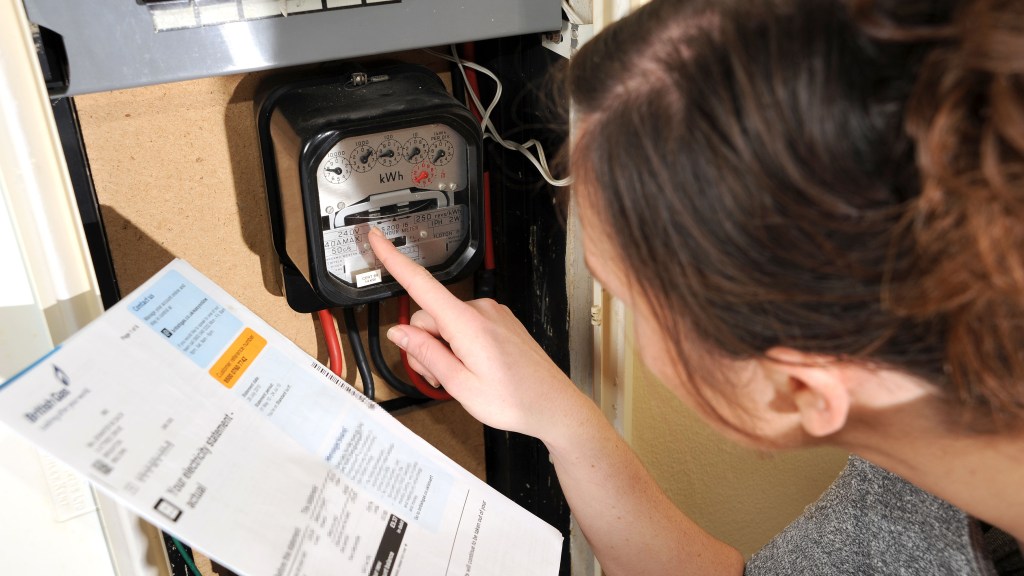Shutdown of RTS Meters May Increase Electricity Costs
Kenny Maclean, a technician from Ranish on the Isle of Lewis, described his efforts to replace an outdated electricity meter system as “not a good experience.” The 55-year-old is among the hundreds of thousands of individuals working to transition from Radio Teleswitch Service (RTS) meters, which will cease operation on June 30.
Experts have raised concerns that the impending shutdown could have a “potentially devastating” effect on numerous households, potentially resulting in elevated energy bills and malfunctioning controls for electric heating and hot water systems.
When an engineer from Maclean’s energy provider came to install the new smart meter, he struggled with the installation, ultimately leaving without completing the job and failing to return as promised.
Maclean later reached out to his energy provider, which assured him they would call back in 15 days, but that follow-up has not occurred yet.
One of the significant challenges complicating the transition seems to be the shortage of trained installers. “The installer lacked the necessary competence to efficiently perform the task,” Maclean remarked.
Recent statistics indicate that at the beginning of last month, 411,000 individuals in the UK were still reliant on RTS meters, with a substantial number located in Scotland, London, and southeast England. The energy sector now estimates this figure has dropped to between 300,000 and 350,000.
Smart Energy GB, an initiative promoting the transition to smart meters, stated that the shutdown of RTS meters could lead to households losing control over their heating and hot water systems. A representative emphasized the urgency for anyone using an RTS meter to initiate upgrades from their energy provider promptly.

RTS meters have operated since the 1980s, utilizing a radio service from the BBC on the Radio 4 long wave signal to manage the nighttime charging of electric storage heating and hot water systems.
Ofgem has cautioned that following the shutdown in June, electric storage heaters might charge unscheduled, which could lead to increased energy bills. Furthermore, energy providers may find it difficult to track whether consumers are utilizing electricity during peak or off-peak hours, potentially causing hike in electricity prices.
Kenny Cameron from the heating technology firm Connected Response explained that the ramifications of the RTS shutdown might not become evident until September when the heating season commences. Even if heating systems do not malfunction entirely, those who have not upgraded could experience inflated costs.
“For four decades, most users of electric storage heaters have benefited from off-peak tariffs, receiving cheaper energy overnight and paying higher rates during the day,” he noted. “In many cases, consumers are suddenly switched to a costly single-rate tariff, which can be expensive for those relying on off-peak electricity for heating.””
Reports have surfaced of individuals waiting extended periods for the replacement of their RTS meters. “The delays are significant,” he added, noting issues with replacing outdated meters.
Diane Gray, a resident near Cockermouth in Cumbria, initially learned from her energy provider that they could not install a compatible smart meter for her heating system. She was later promised an appointment in June, expressing uncertainty about her situation.
Conversely, some have found the replacement process to be relatively smooth. Sam André-Paul, a 26-year-old charity worker from Nottingham, discovered he had an RTS meter after a notification from his energy supplier. “I realized I needed to address it quickly,” he said, and the meter replacement was completed within a month with only a 40-minute power interruption.
Energy UK reported that electricity providers are replacing over 1,000 meters daily. A spokesperson noted that suppliers are making extensive efforts to replace the remaining RTS meters swiftly.
Nevertheless, they highlighted the necessity for consumers to be responsive to attempts by suppliers to contact them, acknowledging that it will be a considerable challenge to complete all replacements before the June 30 deadline.




Post Comment